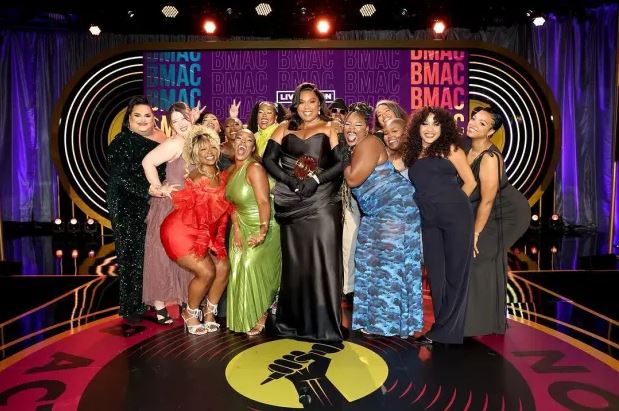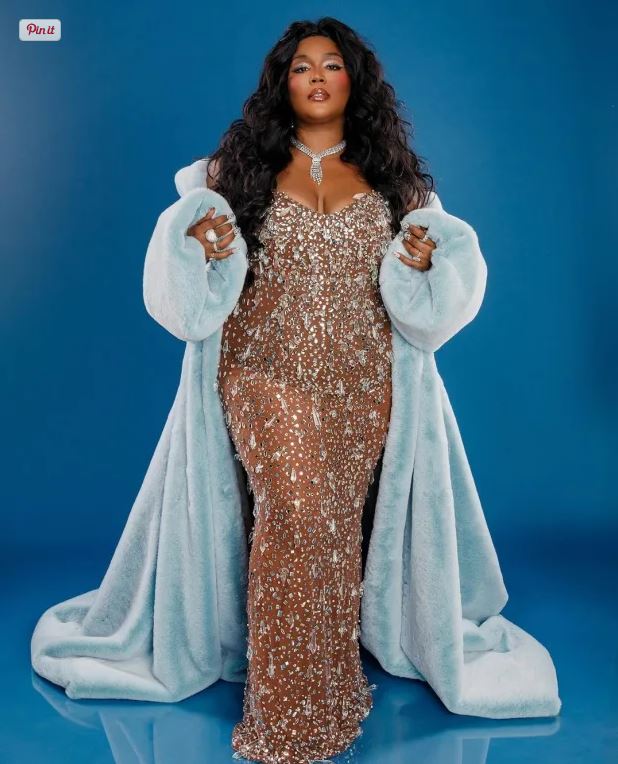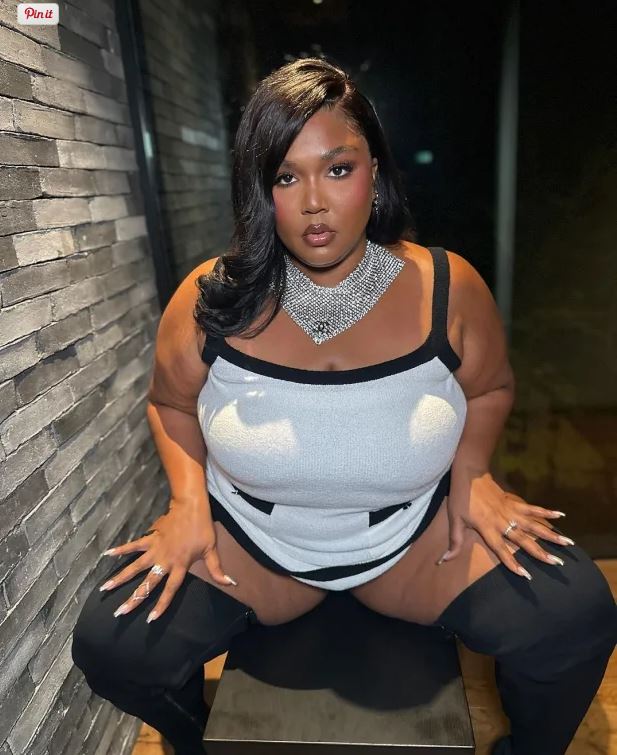Grammy-winning artist Lizzo openly discusses the complexities of her crossover success and the predominantly white audience that frequently accompanies it.

Lizzo dancing while smiling, Photo Credit: lizzobeeating/Instagram
In a Vanity Fair November cover story, 34-year-old music sensation Melissa Viviane Jefferson, known as Lizzo, reflected on her artistic journey and the deeper purpose behind her music. She emphasized that, despite her widespread popularity, she doesn’t craft songs for a specific racial audience. Instead, her music serves as a genuine reflection of her Black experience, offering both personal healing and empowerment. Lizzo’s artistry remains an honest expression of her life’s challenges and triumphs.
Lizzo’s musical foundation is rooted in R&B, hip-hop, and gospel, yet she has made a significant mark in pop with hits like “Juice,” “Good As Hell,” and “About Damn Time.” Since her 2019 breakthrough with Cuz I Luv You, she has gained a diverse fanbase, including many white listeners. However, Lizzo emphasized that her music is primarily for Black women, celebrating their experiences and uplifting their voices.

Lizzo holding an award while posing with a group of other women on stage, Photo Credit: lizzobeeating/Instagram
Lizzo passionately stated, “We need self-love and self-love anthems more than anybody.” Her music is meant to uplift Black women who, like her, have faced underappreciation, bullying, and societal pressures. She finds it puzzling when critics question her commitment to expressing a Black perspective, as it is an intrinsic part of her identity as a Black artist. For Lizzo, her music is both personal and a celebration of resilience.

Lizzo posing for the camera in an ornate outfit, Photo Credit: lizzobeeating/Instagram
Reflecting on the controversy surrounding her playing James Madison’s 200-year-old crystal flute, Lizzo highlighted the ongoing struggles Black women face in America. She expressed feelings of hopelessness, acknowledging that, historically, Black women have been treated unfairly and without respect. However, she sees hope when those with privilege take accountability. Lizzo emphasized the importance of progress, particularly for marginalized individuals like herself—a fat Black woman—who continue to navigate societal biases and systemic challenges.
Lizzo’s dedication to social issues is clear through her activism. After the overturn of Roe v. Wade in June, she donated $500,000 to Planned Parenthood and the National Network of Abortion Funds. Her tour promoter, Live Nation, matched the donation, bringing the total to $1 million. Lizzo believes race played a crucial role in the ruling, citing white male supremacy and the complicity of various groups, including white women, as ongoing systemic issues in the country.

Lizzo posing for the camera while sitting down in a photo posted to her instagram, Photo Credit: lizzobeeating/Instagram
Lizzo’s journey goes beyond music, exploring race, identity, and activism. Her unapologetic stance and deep connection to her roots amplify her message of self-love, solidifying her as a powerful voice in today’s evolving cultural landscape.
Sources: New York Post


